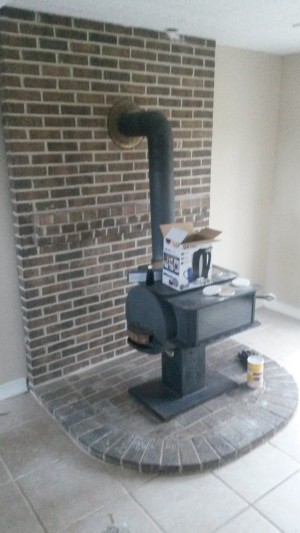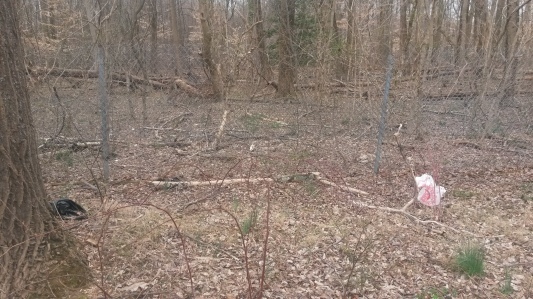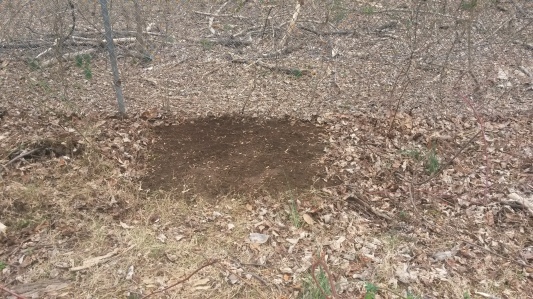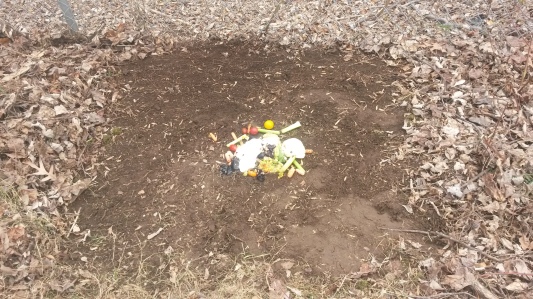| INTEREST RATE | REMAINING | BASE PAYMENT | EXTRA PAYMENTS | |
|---|---|---|---|---|
| Student Loans | 3.76% | $23,625.74 | $180.74 | $0.00 |
| Mortgage | 3.50% | $313,321.38 | $2,259.03 | $0.00 |
| Total | $336,947.12 | $2,439.77 | $0.00 |
This month, AES, my student loan servicer, offered me a deal: sign up for their new automatic payments solution and they’ll knock 0.25% interest off my student loans. That’s an obvious choice, so I did it; however, it’ll take a couple months to kick in, so still making manual payments at 3.76% for now.
I also have almost all I need to file taxes, so I’ll hopefully be doing that this coming weekend.
In house news, we’re rethinking the concept of owning a single-family home. Now, obviously we’re in the middle of a terrible situation with this reno (which is taking almost twice as long as forecast and sucking up more money than we had hoped as well), so this is not the best time to make decisions. And we’re not, exactly – we’re not picking up and moving or anything. In fact, we’re guaranteed to be here through 2017, because we’ve agreed to stay here for a minimum of a year but we want to avoid the tax questions of selling before two years.
When we moved here, we made decisions based on the criteria we had – but it seems to be another life and money suck, like our wedding was. If this were a brand new house, it may have been easier, but we may just not be cut out for this much responsibility. Not everyone is meant to own a home. There are many reasons that renting is easier and less stressful. Besides, even if we want to own a home, we could go for a townhouse,* which would provide a small yard but remove a lot of the maintenance – plus, having shared walls has its perks in terms of electricity usage. (Though it’s important to include HOA fees in your retirement calculations.)
Having more money in the bank** and living closer to where things are happening is very appealing. Not only does it sound like a better life, it’s also a less stressful one. We should be spending our money on experiences rather than stuff, and dropping the house (that we just got into, yeah, yeah) would free up at least say $1,600 pcm.*** That’s a lot of money, and a lot of peace of mind.
* Today, while we were at a local eatery for three hours discussing our future possibilities and making our backup plan in case this place continues to blow, DW let me know that she might actually prefer a townhouse to a single-family home. This is a change of direction, but I think a good one.
** In this case, I mean more money in our pockets, in our budgets, in our savings account, and in our investment accounts.
*** We’re paying $2,600 pcm for the mortgage and escrow (and now I wish we’d gotten the 30-year), plus we’re spending $400 pcm on house projects, eventually to cover saving for replacements of big-ticket items like the roof or the water heater. If we get an apartment for $1,200 pcm in Orlando, that leaves $1,800 pcm on the table – great for paying off debt, spending on experiences, and saving and investing for the future.





